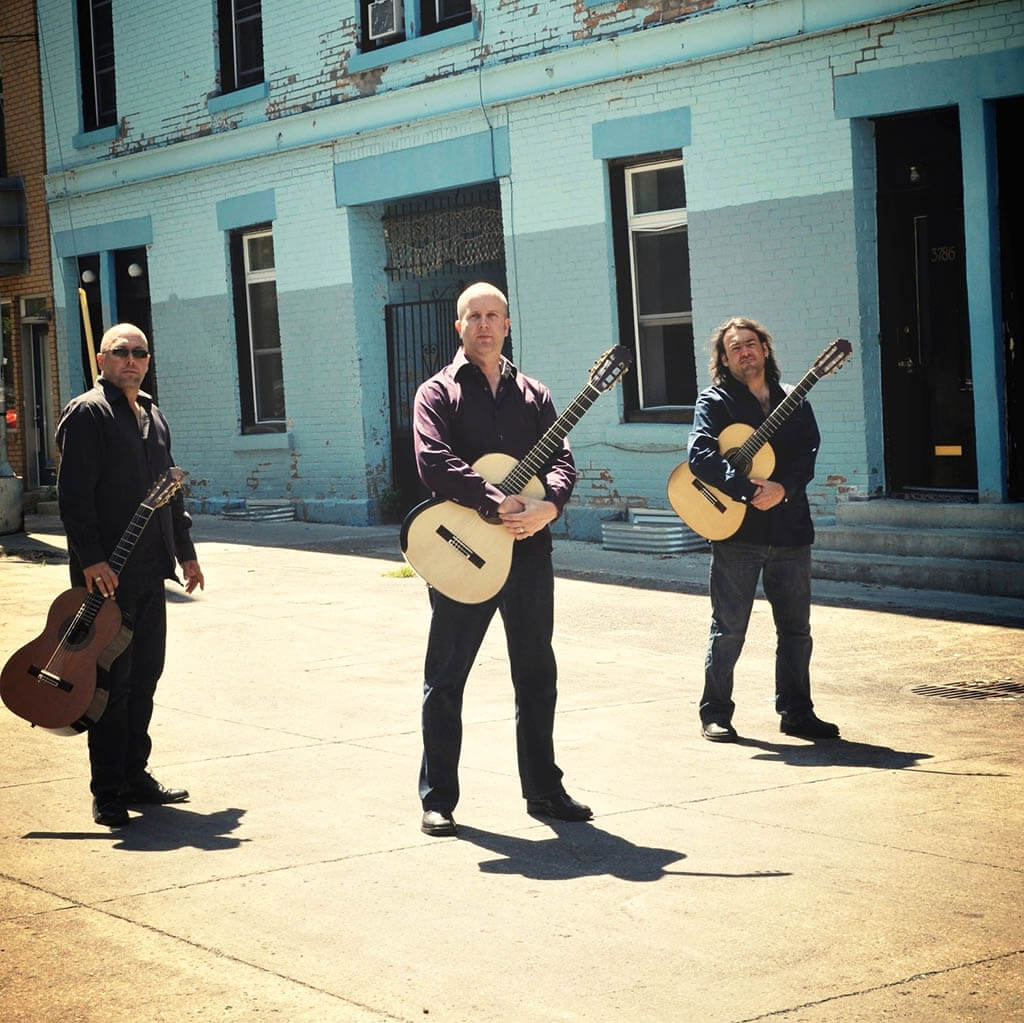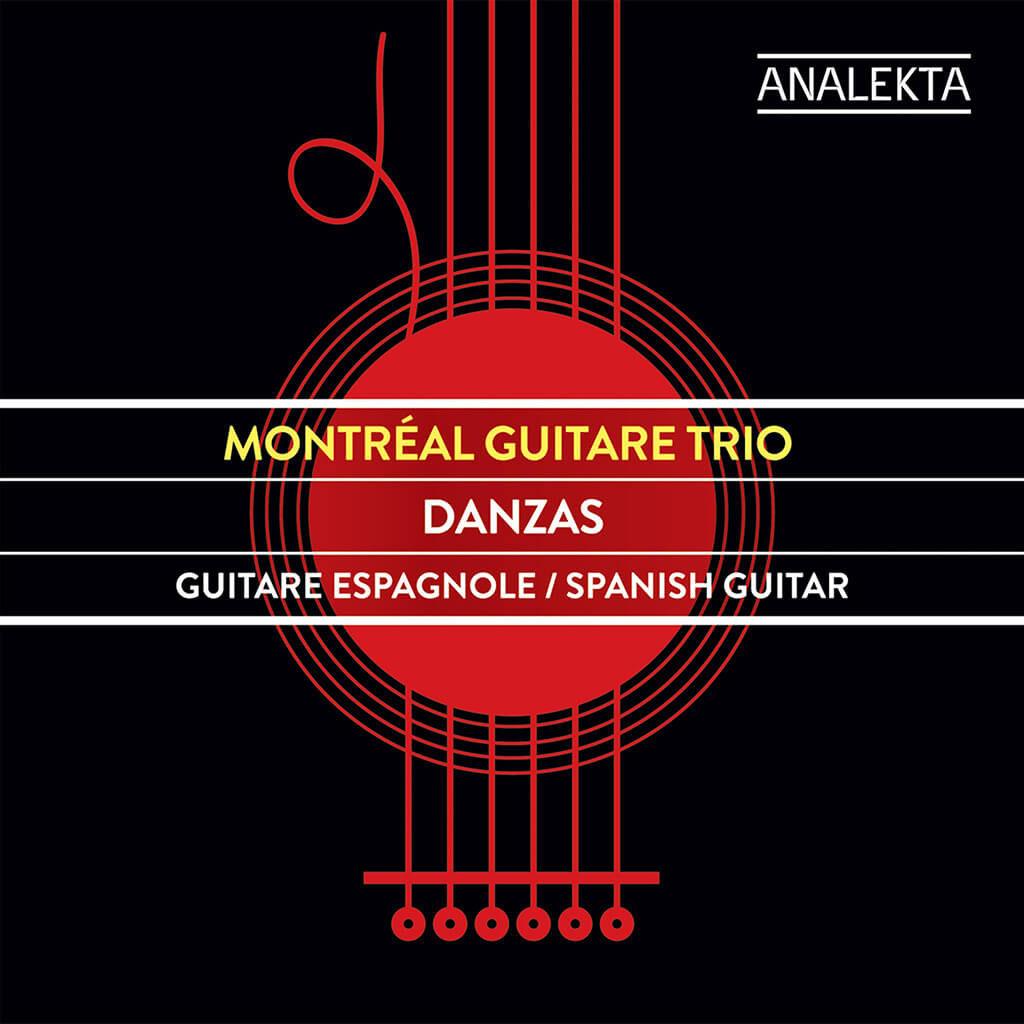
Many years ago I was an usher at Massey Hall, home field for the Toronto Symphony Orchestra (TSO) and the preferred venue for Walter Homburger’s International Artists, where, back in the 1950s Torontonians could regularly attend recitals by the likes of Artur Rubinstein, Elizabeth Schwarzkopf, Isaac Stern, Solomon and so many other great musicians.
One concert from my days as a Massey Hall usher stands out in my memory as something altogether unique, and not only because I happened to be taking guitar lessons at the time; it was Andrés Segovia (1893-1987) sitting alone on a chair on the Massey Hall stage with his acoustic guitar and foot stool, mesmerizing the capacity audience with sheer magic. How was it possible that an artist playing an instrument notable for its intimate sound, without any kind of electronic amplification, could fill a 2,700 seat hall with beautiful music? Segovia did it in Toronto and, year after year, demonstrated his artistry in major concert halls around the world.
Before Segovia, the guitar was considered a folk instrument and, more recently, a jazz instrument. Bach, Mozart, and Beethoven didn’t write guitar pieces, and that was the end of the story as far as classical music was concerned. Segovia changed all that with a largely Spanish repertoire that enthralled audiences and that critics learned to love. He never presented the Spanish guitar as anything but what it was — an acoustical instrument played without sound enhancement and without plastic picks of any kind; it was all in the fingers. In Segovia’s skillful hands, the guitar — a chamber music instrument — projected sound to the very back of a large hall.

The strength of the Spanish guitar was not the quantity of sound, but its quality. It could be warm — even luscious. It could be steely and percussive. With vibrato tastefully applied, it was capable of singing as beautifully as a violin. In the hands of a gifted artist, with rapid runs up and down the fingerboard, for example, it could be virtuosic. With aggressive strumming strokes, it could also be uniquely thrilling.
In an age when nearly everything in both popular and classical music is amplified to produce maximum volume, we often lose a great deal of substance. In the case of the acoustic guitar, amplification often destroys the very qualities that make the instrument so special. I was reminded of these issues a few years ago, listening to the premiere of a new work by American composer Nico Muhly called How Little You Are, featuring singers accompanied by three guitar quartets. I must confess that I was taken aback by the intimacy of the sound — the hall was very large, along the lines of Massey Hall or Roy Thomson Hall — coming from a group of no fewer than twelve guitarists, but when my ears adjusted to the discrepancy between what I was seeing and what I was hearing, I began to appreciate what Muhly had in mind.
The Montréal Guitare Trio (MG3) is keeping Andrés Segovia’s precious legacy alive. Glenn Lévesque (guitar), Sébastien Dufour (guitar) and Marc Morin (acoustic bass and guitar) give us the sound of acoustic instruments as they were meant to be heard and they have found a large audience for what they do. They concertize throughout Canada and abroad and this is their seventh CD.
Danzas pays tribute to the great tradition of Spanish guitar music. Flamenco music is a part of that tradition, and there is at least a taste of it here. One of the greatest of all flamenco guitarists was Paco de Lucía (1947-2014), and some of his music (created with guitarist Al Di Meola) is featured right off the top. “Mediterranean Sundance/Rio Ancho” is an exciting demonstration of what MG3 can do with this material. Unfortunately, MG3’s performance begs comparison with one of the greatest recordings ever made of this piece — the original 1981 live recording of a longer version with de Lucia, Di Meola, and John McLaughlin — which reaches levels of virtuosity that truly have to be heard to be believed.
Paco de Lucía’s more lyrical “Canción de amor” on Danzas is played with grace and beauty, as is Augustín Barrios Mangoré’s (1885-1944) La Catedral.
“Our Spanish Love Song”, by the legendary jazz bass player Charlie Haden (1937-2014), is perhaps the most hauntingly beautiful piece on the CD, lingering on in the memory long after the music has stopped.
Much of the rest of the album is devoted to transcriptions of music by Manuel de Falla (1876-1946) from some of his most famous compositions: the ballet scores The Three-Cornered Hat and El Amor Brujo, the opera La Vida Breve, and three of the Seven Popular Spanish Songs. The song transcriptions are both well-conceived and well-played, but I have reservations about the “Ritual Fire Dance” from El Amor Brujo and the dances from the Three-Cornered Hat. These are orchestral pieces either making use of a lot of percussion or creating percussive effects, and they lose much of their power in transcriptions for acoustic guitars. Again, we are reminded that a group of acoustic guitars is a chamber ensemble rather than a band or an orchestra. Rubinstein had great success with his transcription of the “Ritual Fire Dance” as an encore piece, but this just proves the point; the piano is, at least in part, a percussion instrument.
Apart from the limited success of the Manual de Falla transcriptions, and the rather short playing time of the CD, Danzas is yet another impressive addition to the Montréal Guitare Trio’s CD anthology.
For more RECORD KEEPING, see HERE.
#LUDWIGVAN
- SCRUTINY | TSO Lets Berlioz Do The Talking In Season Opener - September 21, 2018
- RECORD KEEPING | Even Yannick Nézet-Séguin Can’t Make Us Love Mozart’s La Clemenza di Tito - September 6, 2018
- RECORD KEEPING | Giovanna d’Arco With Anna Netrebko Explains Why The Best Operas Survive - August 30, 2018



